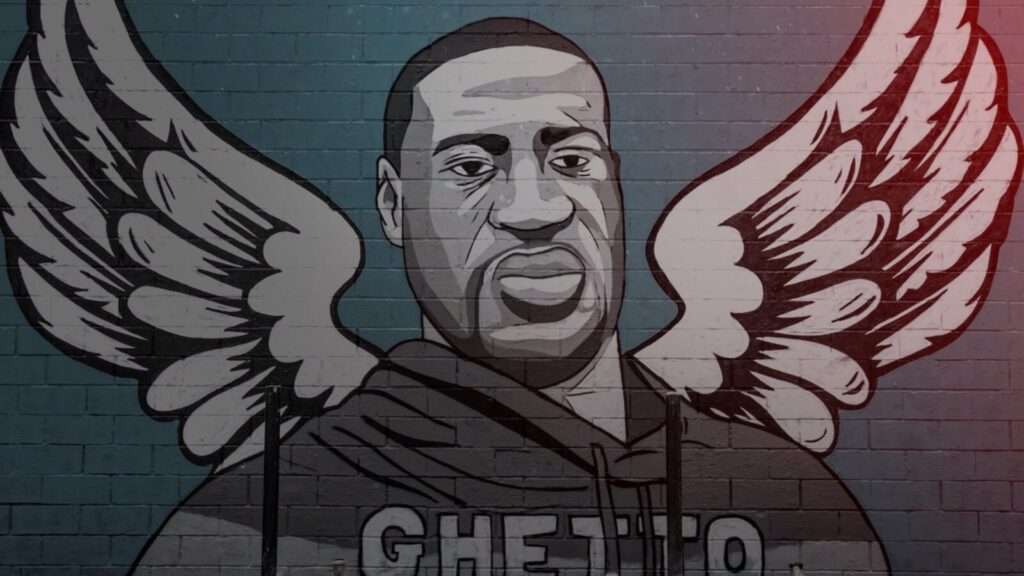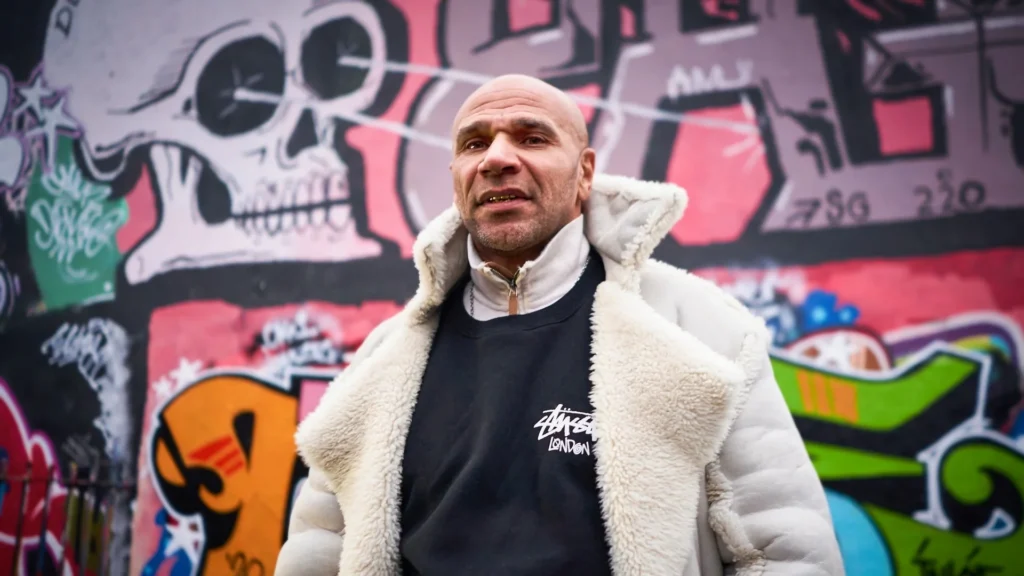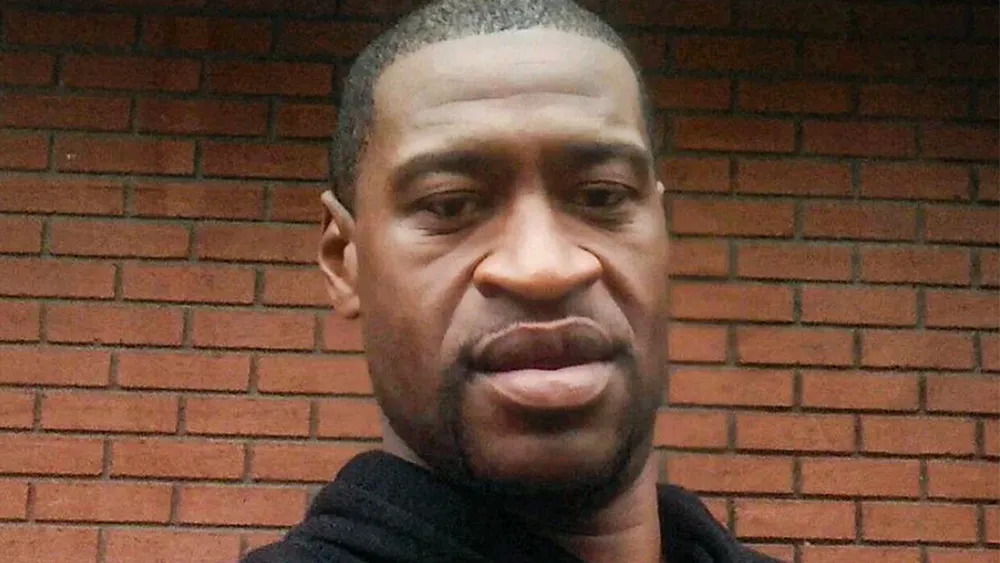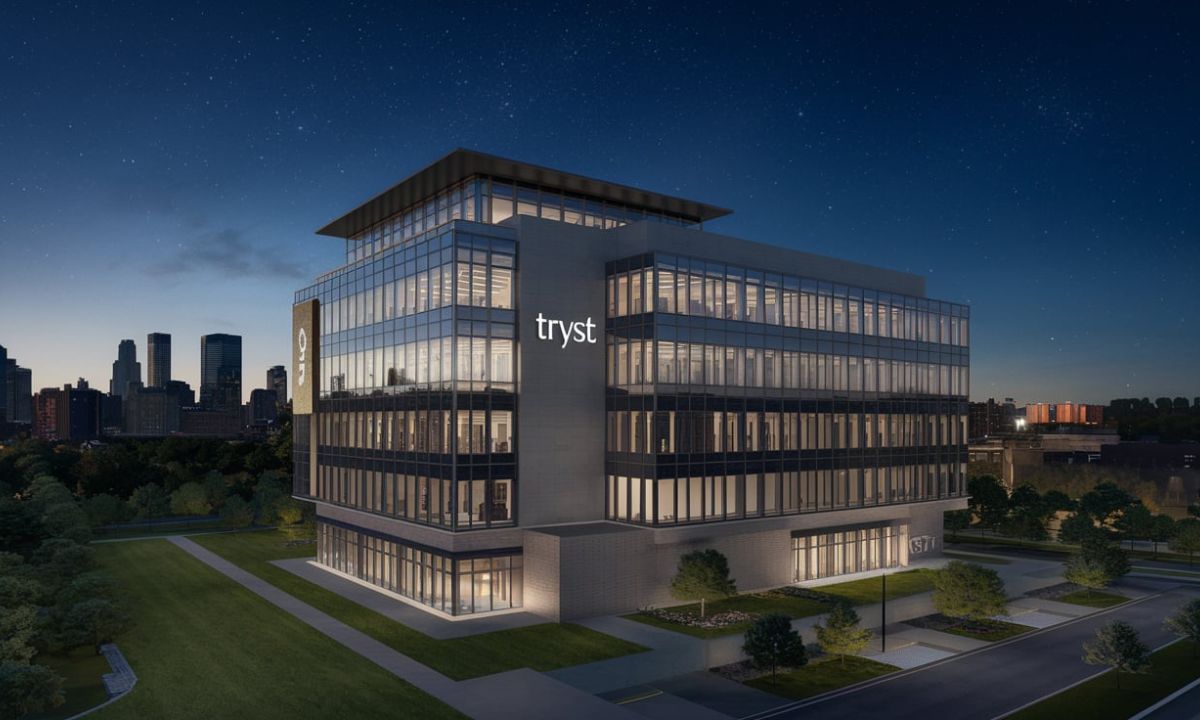Introduction to george floyd documentary
george floyd documentary The tragic story of George Floyd, a name now synonymous with the fight against racial injustice, continues to resonate deeply with audiences worldwide. Documentaries focusing on his life, death, and the transformative global movement that followed have not only reignited conversations about systemic racism but also encouraged viewers to examine the systems that perpetuate inequality. In this article, we’ll explore the key themes, perspectives, and impacts of George Floyd documentaries and their enduring importance in the fight for justice.
The Life of George Floyd: Beyond the Headlines
A Man with Dreams and Struggles
Before becoming a george floyd documentary symbol of the global fight against police brutality, George Floyd was a man with aspirations, challenges, and a deeply human story. Born in Fayetteville, North Carolina, and raised in Houston’s Third Ward, Floyd was known for his charisma and athleticism. Friends and family describe him as a gentle giant with an infectious smile who worked hard to uplift those around him.
Documentaries that delve into Floyd’s life highlight his efforts to overcome personal and systemic struggles. Despite facing george floyd documentary financial instability and systemic barriers, he remained a devoted father, a community member striving to find stability, and someone who believed in the potential of a better future. These humanizing portrayals remind viewers that he was not just a victim but a person with a full life, making his death even more heartbreaking.

Challenges of Systemic Inequality
Floyd’s story also sheds george floyd documentary light on the broader systemic challenges faced by Black Americans. From educational inequities to limited access to healthcare and economic opportunities, Floyd’s life was shaped by struggles that many face daily. Documentaries often juxtapose his journey with the larger societal context, emphasizing how systemic racism continues to impact communities of color.
Humanizing the Symbol
Through interviews with those who knew him, these films work to ensure Floyd’s memory isn’t reduced to just a hashtag or a george floyd documentary headline. They reveal a man who loved music, valued relationships, and dreamed of a brighter future. This portrayal challenges viewers to see beyond the symbol and connect with the humanity of the individual.
The Day That Changed Everything: The Tragic Incident
A Fateful Encounter
On May 25, 2020, the george floyd documentary world witnessed an act of cruelty that would forever alter history. George Floyd’s death, captured on a bystander’s phone, showed former officer Derek Chauvin kneeling on Floyd’s neck for over nine minutes. Documentaries examining this incident provide a detailed timeline of events, from the initial police encounter to Floyd’s final moments.
These films highlight the systemic issues within law enforcement, including the misuse of force, racial profiling, and the failure of george floyd documentary accountability mechanisms. By breaking down the sequence of events, they encourage viewers to reflect on the broader implications of such incidents.
The Power of Visual Evidence
The role of technology in amplifying Floyd’s story cannot be overstated. Documentaries often explore how the video of his death went viral, igniting global outrage and sparking one of the largest social movements in modern history. This visual evidence left little room for denial, forcing many to confront the reality of police brutality.
Impact on Families and Communities
The documentaries also george floyd documentary focus on the emotional toll Floyd’s death took on his family and community. Interviews with loved ones reveal their pain, resilience, and determination to seek justice. These narratives underscore the far-reaching consequences of police violence, affecting not just victims but entire communities.
The Protests That Shook the World
A Global Movement
George Floyd’s death became the catalyst for widespread protests against systemic racism and police brutality. From Minneapolis to george floyd documentary London, millions marched in solidarity, demanding justice and accountability. Documentaries often showcase the scale and diversity of these protests, illustrating how Floyd’s story resonated across cultures and borders.
These films also highlight the role of grassroots organizations and activists in mobilizing communities. By amplifying the voices of those on the frontlines, they provide insight into the strategies and challenges of organizing such a massive movement.
Art, Music, and Resistance
The protests inspired a wave of george floyd documentary creative expression, from murals and poetry to songs and performance art. Documentaries frequently feature these artistic responses, demonstrating how people used creativity to process grief, express anger, and inspire change. This intersection of art and activism is a powerful testament to the human spirit’s resilience.
Youth at the Forefront
Young people played a george floyd documentary pivotal role in the George Floyd protests, using social media to organize events, share information, and raise awareness. Documentaries often highlight the courage and innovation of these youth leaders, emphasizing their role in shaping the future of activism.
The Justice System on Trial: The Derek Chauvin Case
A Landmark Trial
The trial of Derek Chauvin george floyd documentary was one of the most closely watched legal proceedings in recent history. Documentaries examining this trial provide an in-depth look at the legal arguments, witness testimonies, and societal stakes involved.
By dissecting the trial, these films explore themes of accountability, justice, and the limitations of the legal system. They also highlight the emotional toll on Floyd’s family, who had to relive his final moments in court.
The Role of Public Pressure
Public outcry played a george floyd documentary significant role in ensuring Chauvin’s trial was not swept under the rug. Documentaries often examine how sustained protests and media coverage kept the pressure on authorities to deliver justice. This dynamic underscores the power of collective action in holding systems accountable.
Beyond One Conviction
While Chauvin’s conviction was a significant moment, documentaries remind viewers that true justice goes beyond individual accountability. They emphasize the need for systemic reforms to prevent similar tragedies in the future.

The Legacy of George Floyd
Policy Changes and Reforms
George Floyd’s death spurred numerous policy changes aimed at addressing police brutality and systemic racism. From bans on chokeholds to increased funding for community programs, these reforms represent steps toward a more equitable society. Documentaries often explore these changes, assessing their effectiveness and limitations.
The Ongoing Fight
Despite progress, the fight for racial justice is far from over. Documentaries highlight ongoing challenges, such as the resistance to reform, the rise of misinformation, and the emotional toll on activists. These narratives serve as a call to action, urging viewers to stay engaged in the struggle for justice.
Inspiration for Future Generations
Perhaps the most enduring legacy of George Floyd is the inspiration he provides for future generations. Documentaries often conclude with messages of hope, showcasing young activists and leaders who are committed to building a more just and inclusive world.
The Role of Media in Shaping Perceptions
The Power of Storytelling
Documentaries about George Floyd demonstrate the power of storytelling in shaping public perceptions and driving change. By combining personal narratives, expert analysis, and historical context, these films provide a comprehensive understanding of the issues at hand.
Challenges of Representation
However, the process of documenting such a sensitive topic is not without challenges. Filmmakers must navigate ethical considerations, such as respecting the dignity of victims and avoiding sensationalism. Documentaries that succeed in striking this balance are more likely to have a meaningful impact.
Encouraging Critical Conversations
By presenting complex issues in an accessible format, these documentaries encourage viewers to engage in critical conversations about race, justice, and inequality. They challenge audiences to question their assumptions and take action toward a more just society.
Conclusion:
The story of George Floyd is more than just a chapter in history—it is a mirror reflecting the ongoing struggles for justice and equality. Documentaries about his life and legacy serve as both a reminder of the work that remains and a source of inspiration for those committed to change.
Through powerful storytelling, these films humanize the headlines, amplify marginalized voices, and challenge viewers to confront uncomfortable truths. In doing so, they honor Floyd’s memory and ensure his death is not in vain. As we continue to grapple with the issues his story brought to light, these documentaries stand as a testament to the power of art and activism to drive social change.




